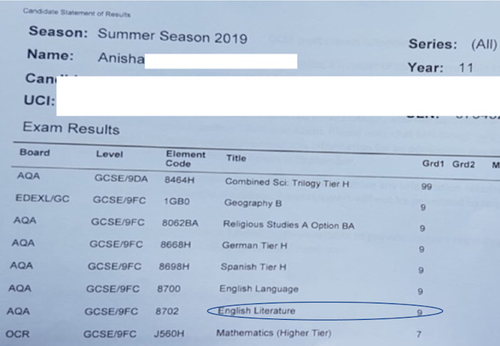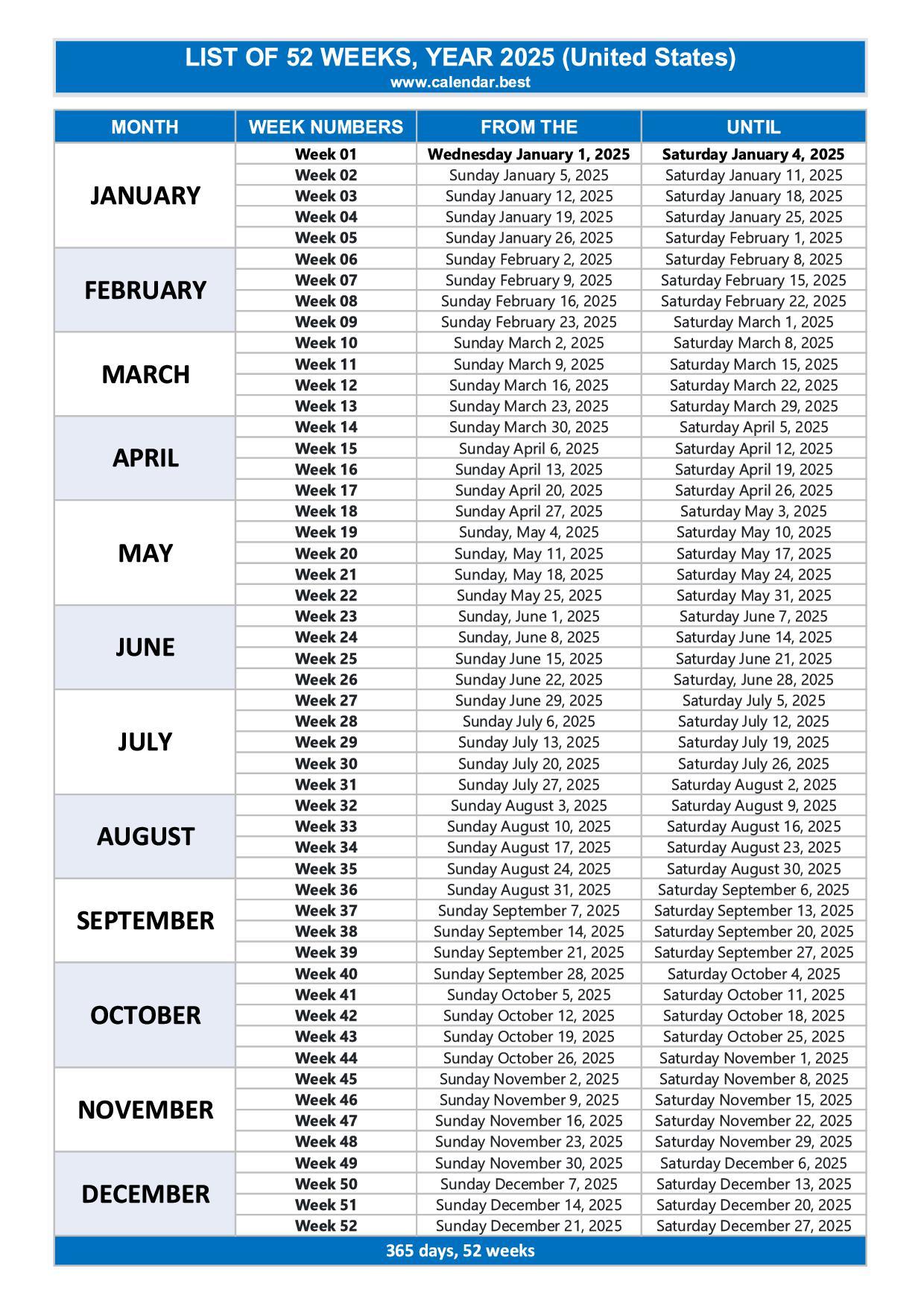For a 15-marker question in Eduqas English Literature, include three to five quotes. This range provides solid evidence for your points without overwhelming your essay.
Understanding how many quotes to use can be challenging. Too few might weaken your argument. Too many could clutter your essay. Striking the right balance is key. In this guide, we will explore the best practices for using quotes in your 15-marker responses.
We will discuss why this range works and how it can help you score well. This balance helps you support your ideas while keeping your essay clear and focused. Let’s dive in to learn more about effectively incorporating quotes in your Eduqas English Literature essays.
Importance Of Quotes
Quotes hold great significance in Eduqas English Literature exams. They provide evidence to support your arguments. Quotes also showcase your understanding of the text. Using them effectively can boost your grade.
Enhancing Arguments
Quotes make your arguments stronger. They offer direct evidence from the text. This strengthens your point of view. It shows you can back up your claims. Quotes also add depth to your analysis. They give weight to your statements.
Demonstrating Understanding
Using quotes shows you know the text well. It proves you have read and understood the material. Quotes demonstrate your ability to analyze and interpret. They reflect your grasp of themes and characters. This impresses examiners and earns you marks.

Selecting The Right Quotes
Selecting the right quotes is vital for a successful Eduqas English Literature 15 marker. The right quotes support your arguments and demonstrate your understanding. Choose wisely to make a strong impression.
Relevance To Question
Ensure your quotes directly answer the question. Irrelevant quotes confuse the examiner. Focus on quotes that highlight key themes or character traits.
Avoid long quotes. Short, relevant quotes are more effective. They keep your answer focused and easy to read.
Impact And Clarity
Choose quotes with a strong impact. They should be memorable and clear. Powerful quotes show a deep understanding of the text.
Quotes must be easy to understand. Avoid complex language. Clear quotes enhance your answer and make your point more compelling.
Quantity Vs. Quality
In the Eduqas English Literature exam, students often debate the importance of quantity vs. quality when it comes to including quotes in a 15-marker question. While it may be tempting to pack your answer with as many quotes as possible, the key lies in striking the right balance.
Balancing Act
Finding the right balance between quantity and quality is crucial. Too many quotes can overwhelm your answer. Too few may leave it lacking. Aim for a sweet spot where each quote adds value.
Consider this: A well-placed, relevant quote can illuminate your argument. But too many quotes can overshadow your own analysis. Your insights are as important as the quotes you include.
| Quantity | Quality |
|---|---|
| Overloading with quotes | Choosing the most relevant quotes |
| Minimal analysis | Deep, thorough analysis |
| Distracts from your point | Supports your argument |
Avoiding Overuse
It is easy to fall into the trap of overusing quotes. This can make your answer appear cluttered. Instead, focus on a few key quotes that strongly support your points.
- Choose quotes that are directly relevant.
- Ensure each quote is analyzed in-depth.
- Link each quote back to your main argument.
Remember, your analysis should be the star of your answer. Quotes should enhance, not dominate, your writing.

Optimal Number Of Quotes
Quotes play a crucial role in Eduqas English Literature exams. They provide evidence for your arguments. But how many quotes are optimal for a 15-marker question? Let’s delve into some guidelines and expert opinions.
General Guidelines
Using quotes effectively can elevate your response. Eduqas does not specify an exact number of quotes. But following these general guidelines can help:
- Include at least three quotes.
- Ensure quotes are relevant to the question.
- Integrate quotes smoothly into your answer.
A good rule is to use one quote per paragraph. This ensures you have enough evidence without overloading your response.
Expert Opinions
Experts suggest focusing on the quality of quotes. Quality over quantity. A well-chosen quote can make a strong impact.
Here are some expert tips:
- Choose quotes that directly support your point.
- Analyze each quote in detail.
- Use shorter quotes. This makes your analysis clearer.
Experts agree: three well-explained quotes are better than many poorly explained ones.
Embedding Quotes Effectively
Embedding quotes effectively is crucial in a 15 marker Eduqas English Literature exam. It helps in providing evidence for your arguments. Properly embedded quotes can elevate your essay. They show a strong understanding of the text. Let’s discuss how to integrate quotes seamlessly and maintain the flow in your essay.
Seamless Integration
Seamless integration of quotes ensures that your essay reads smoothly. Begin by introducing the quote. Explain its relevance. Then, seamlessly blend it into your own words. Here are some tips:
- Use a lead-in phrase.
- Avoid dropping quotes abruptly.
- Ensure the quote supports your argument.
Example:
Instead of writing, “the character is described as ‘brave’.”, write, “The author portrays the character as brave when he states, ‘the character is brave’.”
Maintaining Flow
Maintaining the flow of your essay is essential. This means your quotes should not interrupt your argument. Follow these steps:
- Introduce the quote briefly.
- Embed it within your own sentence.
- Explain its significance immediately after.
Example:
Write, “The character’s bravery is evident when the author writes, ‘the character is brave,’ which highlights his courage.” This keeps the flow smooth.
Remember, well-embedded quotes enrich your essay. They make your arguments stronger and more persuasive.
Analyzing Quotes
Analyzing quotes in a 15-marker question for Eduqas English Literature is crucial. It helps you gain more marks by showing a deeper understanding. Quotes can highlight key themes, characters, and settings. But it’s not just about including quotes. How you analyze them matters more.
Depth Of Analysis
To score high, you need to go beyond surface-level analysis. Don’t just explain what the quote means. Show how it contributes to the text’s themes. Discuss the writer’s techniques and their impact. Mention the context of the quote in the story.
For example, if a quote illustrates a character’s inner conflict, explain it. Discuss how the author uses words to show this struggle. Explore any literary devices used, such as metaphors or similes. This depth of analysis shows a thorough understanding.
Linking To Themes
Linking quotes to the main themes of the text is essential. It shows you understand the broader message. Identify key themes before you start writing. Then, select quotes that support these themes.
For instance, in a text about war, find quotes that highlight its horrors. Explain how these quotes relate to the overall theme. This connection strengthens your argument and makes your analysis more convincing.
Always tie your quotes back to the theme. It helps create a cohesive response. It also shows you can think critically about the text.
Common Pitfalls
Understanding how to effectively use quotes in a 15 marker Eduqas English Literature exam is crucial. Many students fall into common traps that can cost them valuable marks. Let’s explore some of these common pitfalls and how to avoid them.
Over-quoting
One of the most frequent mistakes is over-quoting. Students often think that using many quotes shows a deep understanding. But, this can actually harm your essay.
- Too many quotes can overwhelm your own analysis.
- It can make your essay look more like a collection of quotes.
- Markers look for your own insights and interpretations.
Focus on using a few, well-chosen quotes. Explain their significance in detail. This approach will show deeper engagement with the text.
Misinterpretation
Another common pitfall is misinterpretation of quotes. Misinterpreting a quote can lead to incorrect analysis.
- Read the quote in its full context.
- Understand the character’s perspective.
- Consider the broader themes of the text.
Avoid taking quotes out of context. Ensure your interpretation aligns with the text’s themes and messages.
In summary, avoid over-quoting and ensure accurate interpretation. This will help you score better in your Eduqas English Literature exam.

Practice And Feedback
Practice and feedback play crucial roles in preparing for the 15-marker question in Eduqas English Literature. Regular practice helps build confidence and improve skills. Feedback provides insights into strengths and areas for improvement. Together, they enhance performance and understanding.
Mock Exams
Mock exams simulate real exam conditions. They help you get used to timing and pressure. This practice helps identify how many quotes you can include. Use these sessions to gauge your pace and accuracy. Review your answers afterward to see where you can add or refine quotes.
Peer Review
Peer review involves sharing your practice answers with classmates. They can provide valuable feedback. They might suggest more effective quotes or highlight areas needing improvement. This collaborative approach helps you see different perspectives. It can also boost your confidence.
Frequently Asked Questions
How Many Quotes Are Needed For A 15 Marker?
For a 15 marker in Eduqas English Literature, aim for 3 to 5 well-chosen quotes. Quality over quantity is crucial.
Why Are Quotes Important In A 15 Marker?
Quotes provide evidence to support your points. They strengthen your argument and show textual understanding, which is vital for higher marks.
How Should I Select Quotes For A 15 Marker?
Select quotes that directly support your argument. Choose ones that are concise yet impactful. Relevance is key.
Can I Use Partial Quotes In A 15 Marker?
Yes, using partial quotes is acceptable. Ensure they are relevant and integrate smoothly into your analysis.
Conclusion
You now know how many quotes to use for a 15-marker. Balance is key. Stick to 3-5 quotes to support your points. Make sure each quote is relevant. Explain each quote briefly. Keep your arguments clear and concise. Practice makes perfect.
With these tips, your essays will improve. Stay focused, and good luck!




